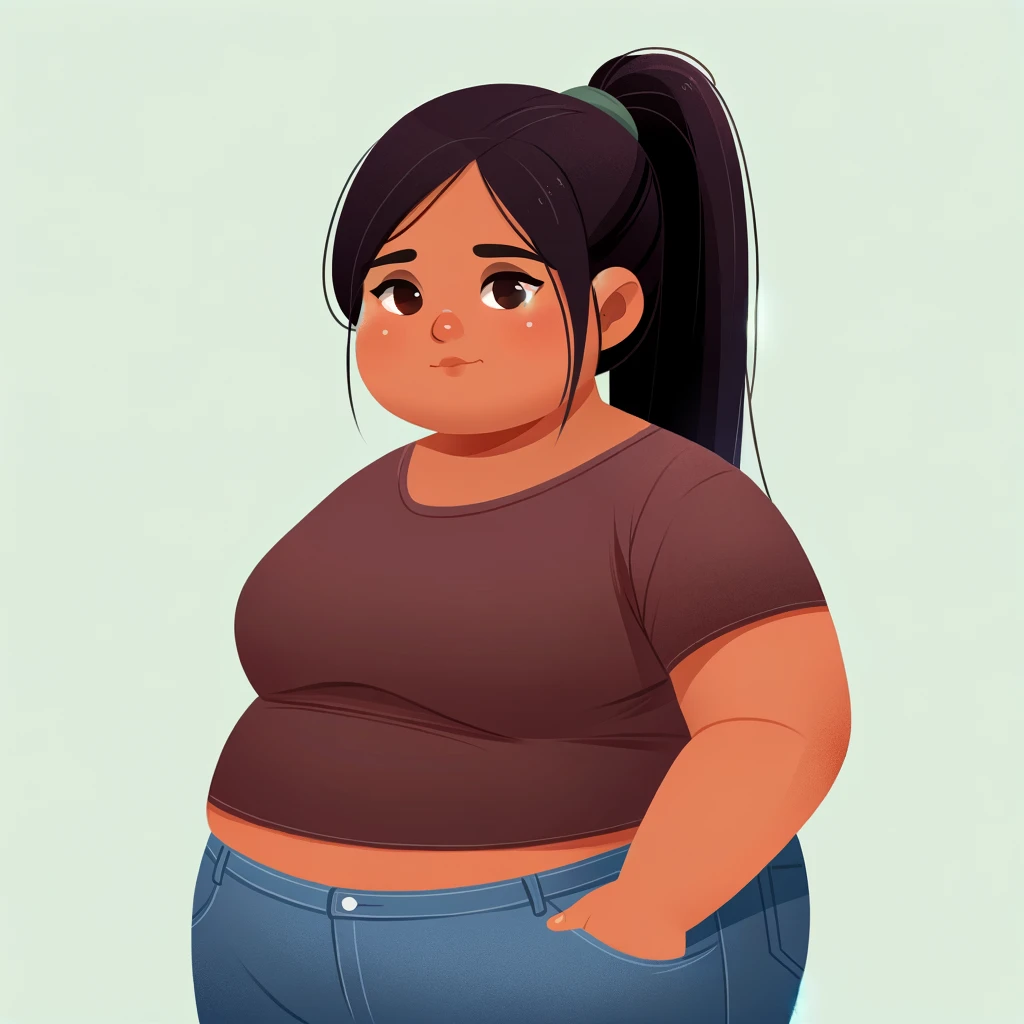Obesity is a growing concern around the world, and it’s not just affecting our physical health. For girls, being obese can also change when and how they go through puberty. Let’s look at how obesity impacts puberty in girls.
Early Start to Puberty
Studies show that girls who are obese tend to start puberty earlier than their peers. This means they might develop pubic hair and breasts between the ages of 8 and 10, earlier than girls who are not obese.
– Dr. G. A. Ramaraju DNB PhD, Consultant Krishna IVF Clinic
Why Does This Happen?
Fat tissue in the body produces estrogen, a hormone that helps start puberty. Obese girls have more fat tissue, which means they produce more estrogen. This extra estrogen can trigger puberty sooner.
Additionally, many obese individuals have higher insulin levels, which can lower levels of a protein that binds to sex hormones. This results in more free estrogen and androgens in the body, further promoting early puberty.
Slower Progression of Puberty
Interestingly, while obese girls start puberty earlier, it often progresses more slowly. This slower progression is because obesity can interfere with the body’s reproductive system, making it less responsive to signals that normally regulate puberty.

However, some studies have found that obese girls can sometimes go through puberty faster, reaching menarche (their first period) sooner than non-obese girls. The research isn’t entirely clear, but it shows that obesity can affect puberty in different ways.
Long-Term Effects
Early puberty can have long-term health consequences. Girls who start puberty earlier are more likely to be obese as adults. They may also face other health issues, such as polycystic ovary syndrome (PCOS) and insulin resistance, especially if they were born with a low birth weight.
Conclusion
Obesity has a significant impact on when and how girls go through puberty. It can cause them to start puberty earlier and can also affect how long it takes to complete. Understanding these effects is important as obesity rates continue to rise, helping us find ways to support healthier development in girls.
